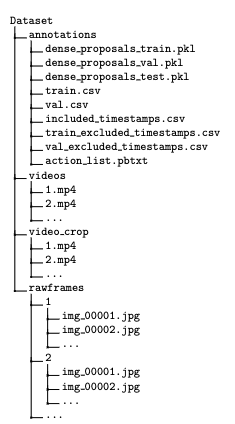我观察到那种我不太了解的行为.在操场上执行此代码时:
protocol Testp {
var notes: String { get set }
}
class Testc: Testp {
var notes: String = "x"
}
class TestContainer {
var test: Testp = Testc() {
willSet {
print("willSet")
}
didSet {
print("didSet")
}
}
}
var testContainer = TestContainer()
print(testContainer.test.notes) // prints "x"
// this triggers a willSet+didSet call on TestContainer's
// stored property,even though "test" is not changed in testContainer
testContainer.test.notes = "y"
print(testContainer.test.notes) // prints "y"
如上所述,即使未设置属性本身,也会调用willSet和didSet块.
另一方面,如果我将协议更改为类型类如下
protocol Testp: class {
var notes: String { get set }
}
然后结果就像我期望的那样(即没有调用willSet / didSet).
这种行为的原因是什么?
我在XCode 7.3上运行它.
更新:仍在XCode 9.2 / Swift 4中






